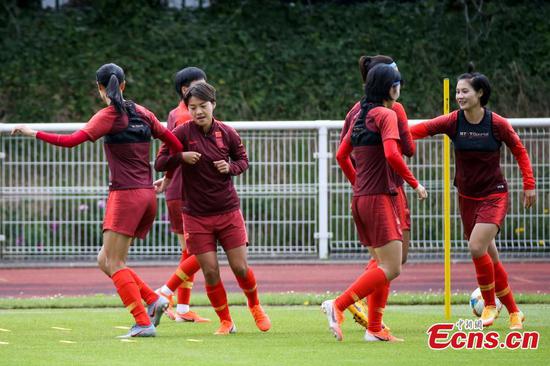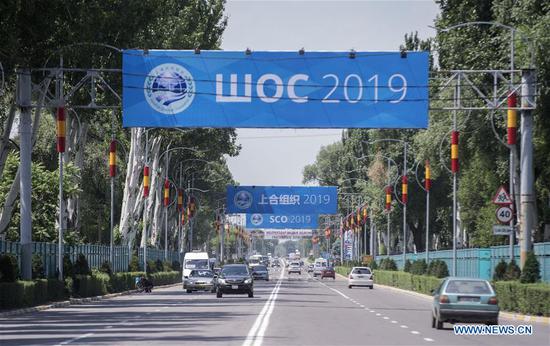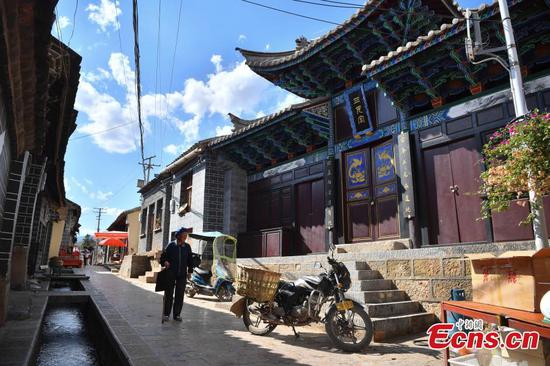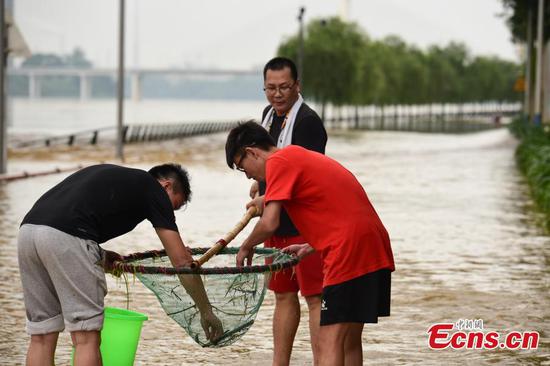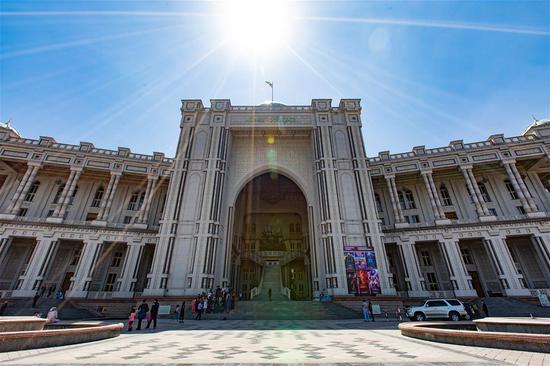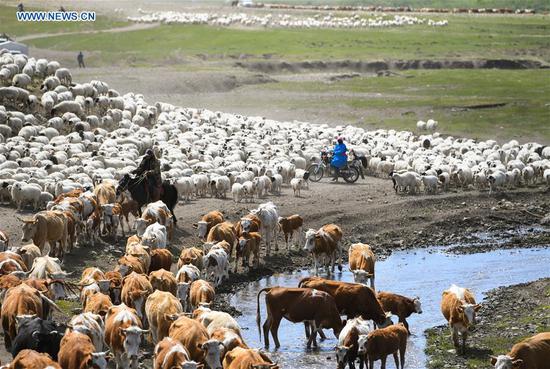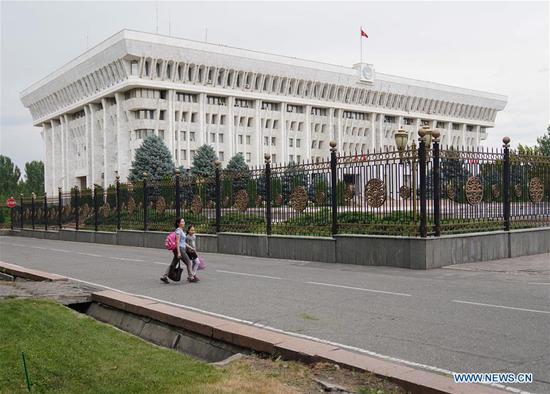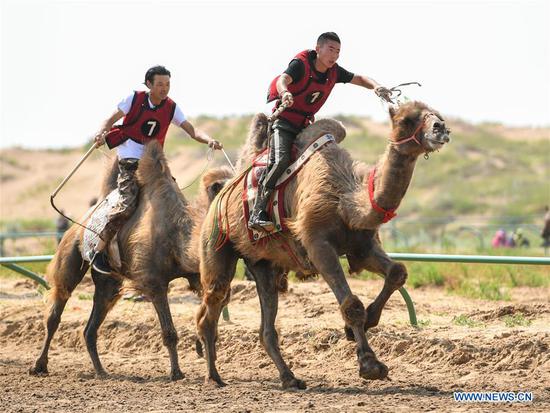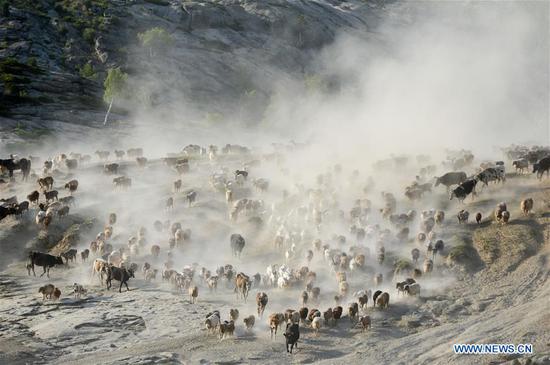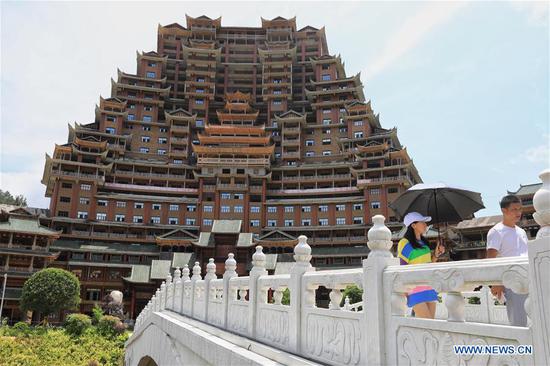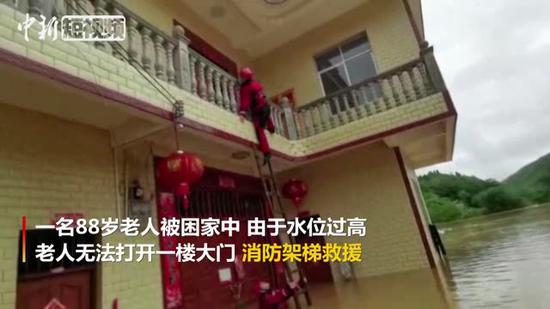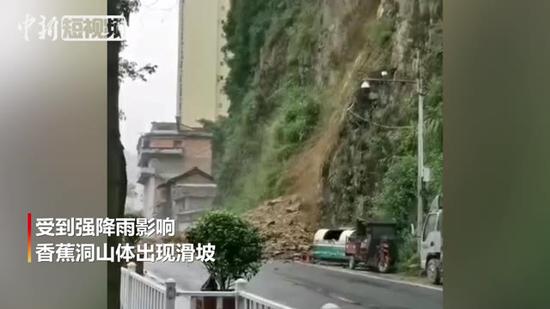More efforts are needed to intensify rural governance and service capabilities to turn the nation's township administrations into hubs for governance, services and local economies, said Vice-Premier Hu Chunhua.
This will propel small towns to play a leading role in the nation's rural revitalization, he said.
Hu, also head of the central rural work leading group, made the remarks at a conference on enhancing countryside governance that was held on Sunday in Ningbo, Zhejiang province. He emphasized the leading role that Party organs, such as committees, should play in the running of villages and towns.
Efforts should also be made to implement dispute-solving mechanisms in the countryside to maintain social stability in rural areas, he added.
A variety of innovative mechanisms and models have sprung up since China pushed ahead with its rural revitalization strategy, proposed in 2017.
The strategy set the overall goal of building rural areas with thriving businesses, pleasant living environments, social etiquette, effective governance and prosperity.
Zhejiang province, for example, has achieved remarkable results through promoting the integrated governance of self-rule, law and good behavior in its rural areas in recent years.
According to a list of 20 model cases of countryside governance unveiled by the Ministry of Agriculture and Rural Affairs, three were in Zhejiang. Xiangshan county of Ningbo was praised for involving locals in government deliberations, county-level city Tongxiang for integrating autonomy, the law and good behavior in its governance, and Ninghai county, Ningbo, for creating a detailed inventory of administrative rights.
In Xiangshan, villagers are encouraged to be more actively involved in village affairs under the leadership of the Party, through the convening of deliberation meetings at village level.
Last year alone, over 3,000 such consultative and deliberation meetings were held in its 490 villages, with around 40,000 villagers actively participating in and discussing issues ranging from villages' development and construction, collective rural economic development and village governance.
Li Wensheng, an official with the Department of Agriculture and Rural Affairs in Zhejiang, said, "Through the integrated governing mechanism, so far over 98 percent of disputes can be effectively solved at the township and village levels."









